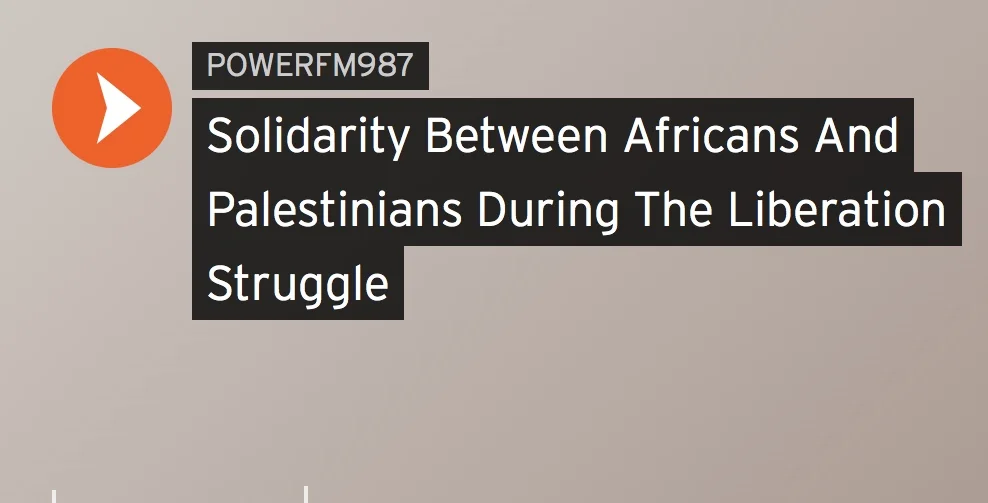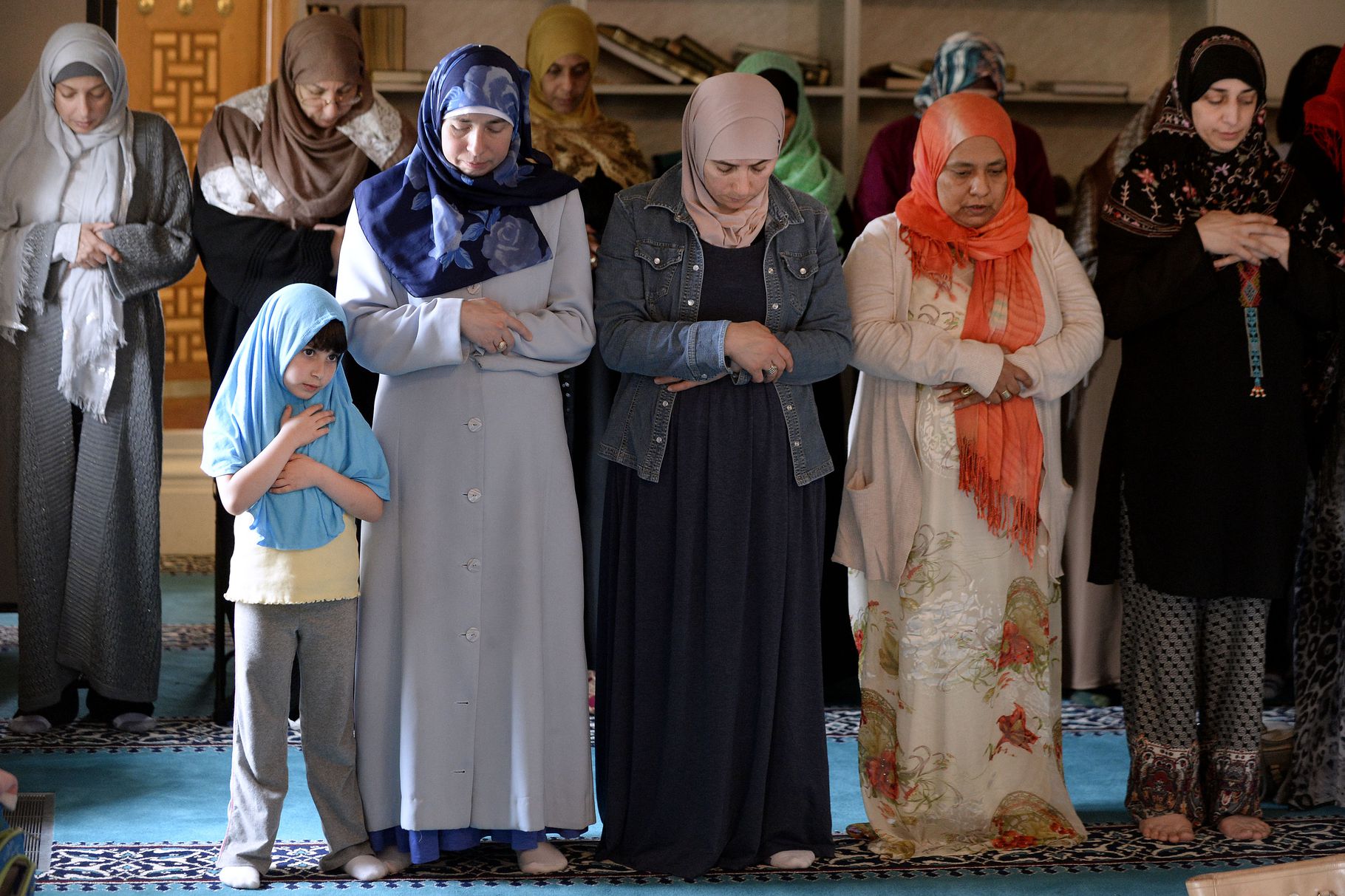MEDIA APPEARANCES
VIDEO: "Love Knows No Borders" migrant justice mobilization at the U.S.-Mexico border
Clergy and community members from across the nation and from different faith backgrounds join in an action to call for migrant justice at the border.
VIDEO Will Hollywood ever really understand Islam?
"The angry, but inept, terrorist. The bumbling Sheikh. The sultry belly dancer. The ‘Good’ Muslim vs. the ‘Bad’ Muslim." Stereotypes such as these have dominated US popular culture for decades. And according to a new report, "Haqq and Hollywood: Illuminating 100 years of Muslim Tropes And How to Transform Them", they have fueled anti-Muslim sentiment and can even shape draconian government policies. The authors of the report, though, say there is hope and that things are changing for the better. In recent years, more nuanced stories that better reflect the diversity and complexity of Muslim communities have emerged. Muslim filmmakers, comedians and screen writers are increasingly telling their own stories and pushing back against stereotypical and damaging narratives. Shows such as Jack Ryan, FBI and Brown Girls have won praise for more intelligent portrayals of Muslim communities.
Looking Back at a Century of Muslim Representation in Hollywood
By Saloni Gajjar
Just how much has Muslim representation changed in Hollywood over the last century? A new report attempts to answer that question in great detail.
In “Haqq & Hollywood: Illuminating 100 years of Muslim Tropes and How to Transform Them,” journalist and scholar Maytha Alhassen details the limited presence of Muslim characters in Hollywood over the last 100 years. Alhassen was awarded the Pop Culture Collaborative Senior Fellowship to “lead a project to create and popularize authentic narratives for Muslims in popular culture.”
“Haqq & Hollywood” is a long but noteworthy read. The introduction states its mission eloquently: “This report focuses on the portrayal of Muslims through the racial and ethnic categories of Black Americans, Arabs, Iranians, and South Asians, as well as the ways Muslims are gendered in film and television. To understand and disrupt the use of these tropes is to break a centuries-old narrative choke hold.”



















